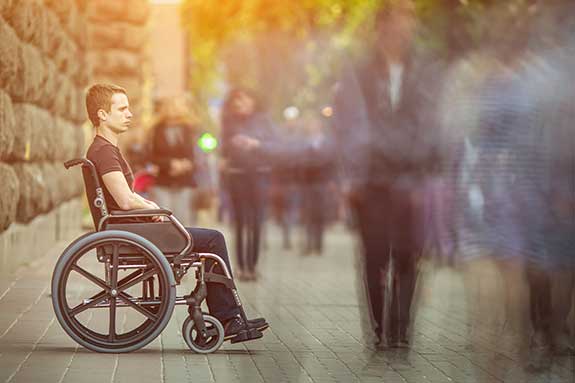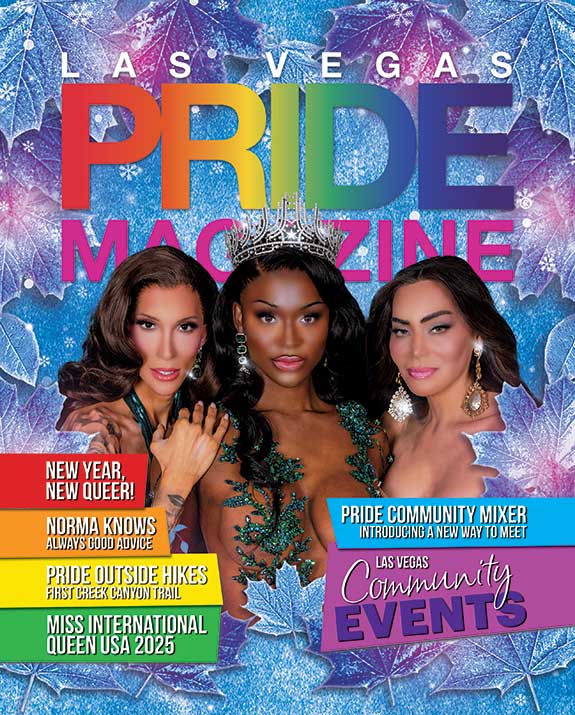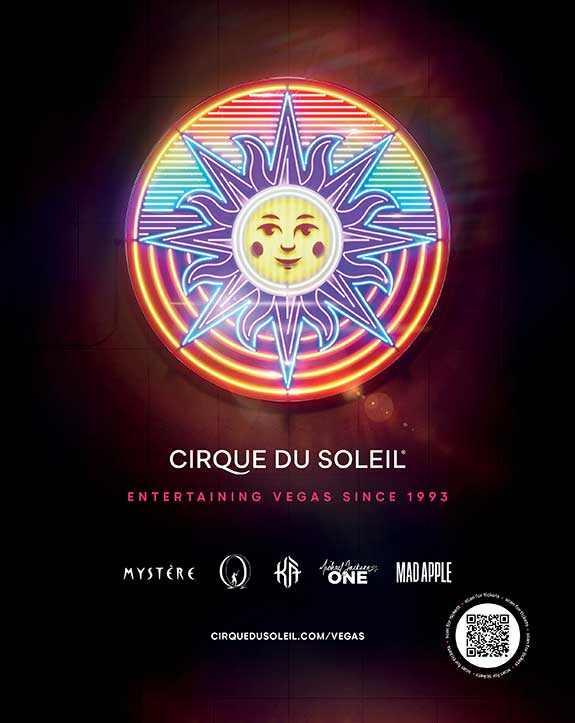Exclusively Inclusive.
By Karen Brain
Over the holiday, I watched the new documentary “Super/Man: The Christopher Reeve Story.” It did not disappoint; I loved it! I was anxiously awaiting its release for months. After all, he is one of my heroes.
Christopher Reeve became a hero for me once I started to learn about the decisions he made and the actions he took after becoming disabled. It seemed to me, in an instant, he went from appearing to have the best of everything life could offer to appearing to have the worst…at least, according to American society. But to me, it wasn’t the antithesis; it was the next level. Then, with his life choices and advocacy work, he took it to yet another level. I thought, “Way to go, Superman! Go do it! Look at him go!” Just like people in the Superman movies would say to him. We all cheered him as a hero, but my reasons may have seemed different than most.

In the documentary, Jeff Daniels said, “If you hit big, that big, that’s who you are, that’s what you are, and that’s what you can do.” He said it in reference to Christopher trying to branch out into other roles besides Superman, but society could only see him as Superman. Society does the same to people with disabilities and to members of other communities, too. Once you’re labeled, positively or negatively, good luck changing that label or getting society to see past it.
So when Superman in a wheelchair came out publicly, as Glenn Close said, it was HUGE. It seemed mind-blowing for society. Furthermore, as Brooke Ellison said, “For people with disabilities to be so visible was almost unheard of at the time. Disability was really not understood as a part of humanity worth including, and for Chris to be helping to change that narrative was life-changing.”
Ironically, Christopher’s last role played before his accident was as a wheelchair user in the movie “Above Suspicion.” While making the film, he thought, “Thank God that’s not me.” But he went on to say, “I regret that so much because I was setting myself apart from those people who were suffering without realizing that in a second, that could be me.” This made me think of the concept of “Othering;” we don’t think becoming disabled will happen to us. Interestingly, Christopher’s accident occurred six days after the movie was released.
“Othering” means viewing and/or treating an individual or group as intrinsically different from oneself. I think of it as “Us versus Them” instead of “We” and using words like “those people.” It emphasizes difference (even if it’s not real) and creates division. This leads to stigmatization and, potentially, discrimination, persecution, and exploitation of “Them.” It can even lead to violence and tolerating or excusing such behavior. Unfortunately, we find “Othering” applied to many different communities (race, religion, sexual orientation, age, etc.), not only to the disability community. Whereas “Belonging” signifies a sense of acceptance and inclusion, implying a sense of shared identity and connection with others. …As if we are all human.
For whatever reason, society has a “Secret Complex” regarding health issues and disabilities. In some cases, I’ve seen people whisper when mentioning a health issue or disability. I’ve also seen others noticeably avoid the topic. Why do we think we must or should keep it a secret? It is as if the better decision is not to talk about it. Better for whom? It’s usually the pink elephant in the room we don’t want to talk about, don’t want to see or hear it, or want to acknowledge or address it. But that behavior can feel personal; it can be offensive to some individuals who have disabilities, like dismissing a very defining characteristic and, in some cases, pride in disability culture. Avoiding all-things-disability-related is like dismissing ME. It seems so strange that disability has such a negative stigma, and yet, the disability community is one in which EVERY human will be a member at some point in their life. It might be temporary or permanent, not happen until age 90, or happen tomorrow, but what is certain is that everyone’s membership is inevitable.
Christopher advocated for people with disabilities to increase awareness and inclusion. He was a proponent of research and finding a cure. While he no longer had the choice to be physically active, he made the choice every day to be socially and politically active in support of making advancements for our community. Brooke Ellison said, “It took a voice like Chris’s to say, ‘That’s not good enough’.” As Chris said, it had already been established that he was our Superman. The fact that he used a wheelchair and was paralyzed had not diminished the fact that he was, and always would be, our Superman. I believe his pre-existing label had a significant impact on his ability to be seen and heard by society once disabled, to be taken seriously, and to gain so much support.
On the other hand, many within the disability community (as well as some without a disability) frowned upon his focus for a cure. As I watched the documentary, my spouse walked through the room and said, “I can’t stand that guy.” To which I replied facetiously, “Why do you have to crush my dreams?” My spouse dislikes him for the same reasons I love Chris – we had opposite perceptions of Christopher’s decisions and actions after becoming disabled. My spouse perceives Chris seeking a cure and ways to get out of the wheelchair as selfish and internalized Ableism. Whereas I perceive it as Chris using his privileges to help others. Sure, his work would benefit himself, but it would also benefit the rest of us, regardless of disability. He increased awareness and inclusion, and broke down barriers in ways most of us in the community couldn’t even access. As I see it, he shared the message of “Belonging” in a world that only knew “Othering” at that time. Oh, the heated discussions my spouse and I had.
I remember watching Chris on stage at the Academy Awards in 1996. The moment the cameras showed him, I cried. Someone like me was on that stage. It felt so empowering. Then, the audience gave him a standing ovation. After I stopped giggling at the irony, I thought, WOW, not only is someone like me on that stage, but the room showed their appreciation and respect with a standing ovation! That felt amazing. It gave me hope. Representation matters.
Later that same year, Chris also presented at the Democratic National Convention. He said, “Over the last few years, we’ve heard a lot about something called Family Values. Like many of you, I’ve struggled to figure out what that means. I think it means we’re all family, and we all have value.” He continued, “If we’re really committed to this idea of family, we’ve got to do something about it.” When he said, “America does not let its needy citizens fend for themselves,” I got chills and cried. (Then I giggled again at the irony of the standing ovation.) To see a person with a disability up on that stage, making that speech, and receiving a standing ovation gave me hope for progress and greater inclusion.
Then I saw the cameras move to Dana, Christopher’s wife. She’s another one of my heroes. I’ve always said that it’s harder to stand next to the hospital bed than to lie in it. I think our loved ones, who are also our caregivers, are the strongest ones, the true heroes. They are the invisible heroes. They watch others cheer for us and call us heroes for merely existing (which is an entirely different topic called Inspiration Porn, a very heated topic within the disability community, Google it), but who cheers for these caregivers? I’m not suggesting we shift the Inspiration Porn focus from the person with a disability to their caregiving loved ones. Whether or not we made a choice leading to our need for caregiver services, the fact is, by the time we’re in need of services, it’s no longer a choice. Our invisible heroes continually make the choice to provide us with care, and for this, there are no words to adequately demonstrate our gratitude.
I can tell you from experience that not only do many loved ones choose not to help when they can, but many also choose to walk away. I spent one-third of my childhood in Children’s Hospital in Los Angeles for rehabilitation treatments for my disability, while family, friends, and my life waited for me back home in San Diego. I recognize it was a privilege to have access to this resource, and it was also a privilege to have my family and friends visit me regularly. During my rehab time, I remember asking why my peers’ loved ones did not come to see them in the hospital, ever. There were several children in the hospital whose homes were in Los Angeles, and yet they never had visitors. Even as a child, for loved ones to make that choice seemed shameful to me.
One of the many things I love in the documentary is the discussion of Tomorrow’s Cure (Chris) and Today’s Care (Dana) with the Christopher and Dana Reeve Foundation. While Chris focused on finding a cure, Dana created the Quality of Life Grants Program to “empower individuals with disabilities and their families by providing grants to nonprofit organizations that improve quality of life through inclusion, access, independence, opportunities for community engagement, and other life-enhancing endeavors.” Our choices are not of one or the other; it’s BOTH. Rather than focusing on finding a cure or empowering individuals with disabilities, let’s do both.
In an instant, everything can change. My question to you is, if it does, are you ready? If you’re not disabled today, but you become disabled tomorrow, is everything in your world accessible for you right now (home, bathroom, transportation, employment, etc.)? If you have dependents (spouse, partner, children, parents, pets), could you continue to care for them just the same? Or would you have to make changes? Can you afford to make the necessary changes if your world becomes inaccessible? Do you have the support system you would need readily available to live the lifestyle of your choice?
In addition to functionalities, how will you choose to perceive your new life and self? Are you able to identify the positives, or would you only be able to identify the negatives? How would your chosen perceptions impact your life and those around you moving forward?
We all have privileges, regardless of which community we are members. But can we identify our privileges? If your world changed tomorrow, how would you choose to use your privileges? How do you use them today?
As we begin the new year, and considering the many ways our world could change overnight, I hope all of us will recognize our privileges and make helpful choices. Remember, America still does not let its needy citizens fend for themselves.

This article was originally published in the 2025 Winter Issue of Las Vegas PRIDE Magazine, and can be read in its original format here.


